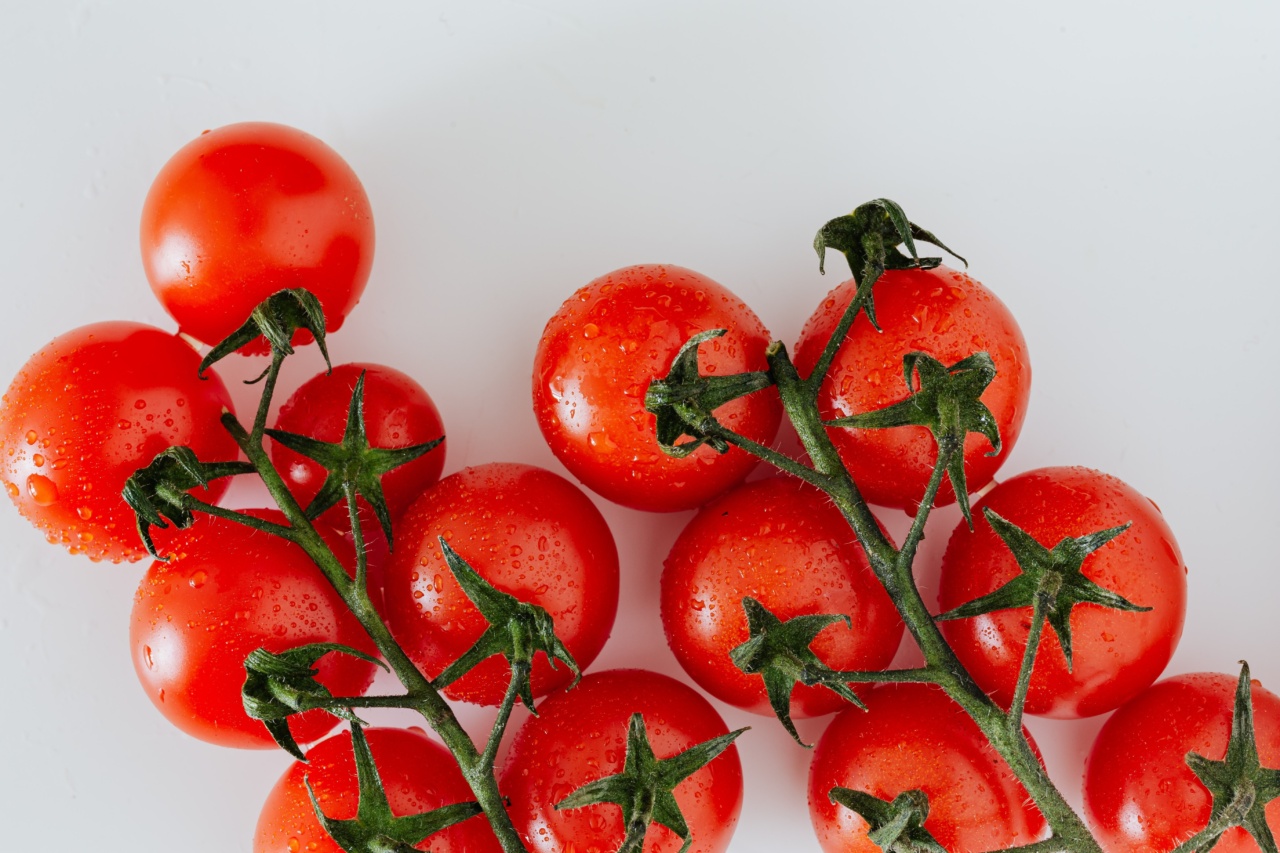Choline is an essential nutrient required for normal body function. It plays crucial roles in many processes such as nerve signaling, cell structure, and metabolism.
It is also needed to make acetylcholine, a neurotransmitter that is important for memory, mood, and muscle control. Moreover, choline aids in the prevention of liver damage and other chronic diseases such as heart disease and Alzheimer’s disease. Therefore, it is essential to include adequate amounts of choline in your diet.
However, for people following a vegetarian diet, finding adequate plant-based sources of choline can be challenging. In this article, we will look at the top choline-rich plant-based foods to include in your vegetarian diet to maintain optimal health.
1. Soybeans
Soybeans are an excellent vegetarian source of choline. They are used to make tofu, soy milk, tempeh, miso, and other soy-based products.
One cup of cooked soybeans provides approximately 120 mg of choline, which is about 22% of the daily recommended intake. Besides choline, soybeans are also packed with plant-based protein, fiber, and other vitamins and minerals that are essential for overall health.
2. Quinoa
Quinoa is an ancient grain that has become increasingly popular due to its high nutrient content and versatility. One cup of cooked quinoa contains about 43 mg of choline, which is around 8% of the daily recommended intake.
Quinoa is an excellent source of plant-based protein, fiber, iron, and magnesium. It is also gluten-free and easy to digest, making it an ideal grain for people with digestive issues.
3. Brussel Sprouts
Brussel sprouts are a cruciferous vegetable that is rich in vitamin K, vitamin C, fiber, and antioxidants. One cup of cooked brussels sprouts contains about 63 mg of choline, which is around 12% of the daily recommended intake.
They are also low in calories, making them an excellent choice for people who are trying to lose weight. To reap the maximum choline and nutrient content, it is best to steam or roast brussels sprouts instead of boiling them.
4. Cauliflower
Cauliflower is another excellent cruciferous vegetable that is rich in choline. One cup of cooked cauliflower provides about 45 mg of choline, which is around 8% of the daily recommended intake.
Besides choline, cauliflower is packed with vitamins C, K, B6, and fiber. It is also low in calories and carbohydrates, making it an ideal vegetable for people who are following a low-carb or ketogenic diet.
5. Broccoli
Broccoli is a green vegetable that is rich in choline and other essential nutrients such as vitamin C, vitamin K, and fiber. One cup of cooked broccoli contains around 62 mg of choline, which is approximately 11% of the daily recommended intake.
Broccoli is low in calories and carbohydrates, making it an excellent choice for people who are trying to lose weight or manage their blood sugar levels.
6. Spinach
Spinach is a leafy green vegetable that is rich in iron, calcium, and antioxidants. One cup of cooked spinach contains about 32 mg of choline, which is approximately 6% of the daily recommended intake.
Spinach is also rich in vitamin K, vitamin A, and folate. It is low in calories and carbohydrates, making it an ideal vegetable for people who are trying to lose weight or manage their blood sugar levels.
7. Asparagus
Asparagus is a green vegetable that is rich in choline, fiber, and antioxidants. One cup of cooked asparagus provides about 72 mg of choline, which is about 13% of the daily recommended intake. Asparagus is also a good source of vitamins K, A, and folate.
It is low in calories and carbohydrates, making it an excellent vegetable for people who are following a low-carb or ketogenic diet.
8. Sweet Potatoes
Sweet potatoes are a starchy vegetable that is rich in choline and other essential nutrients such as vitamin A, vitamin C, and potassium.
One medium-sized cooked sweet potato contains about 26 mg of choline, which is approximately 5% of the daily recommended intake. Sweet potatoes are low in calories and fat, making them an excellent vegetable for people who are trying to lose weight or manage their blood sugar levels.
9. Almonds
Almonds are a popular tree nut that is rich in choline, protein, healthy fats, and other essential nutrients such as magnesium and vitamin E.
One ounce of almonds (about 23 almonds) provides about 14 mg of choline, which is approximately 3% of the daily recommended intake. Almonds are also low in sugar and high in fiber, making them an excellent snack choice for people who are trying to lose weight or manage their blood sugar levels.
10. Peanuts
Peanuts are a legume that is rich in choline, protein, healthy fats, and other essential nutrients such as magnesium and vitamin E.
One ounce of peanuts (about 28 peanuts) provides about 15 mg of choline, which is approximately 3% of the daily recommended intake. Peanuts are also low in sugar and high in fiber, making them an excellent snack choice for people who are trying to lose weight or manage their blood sugar levels.
Conclusion
Choline is an essential nutrient that plays a crucial role in many processes in the body. For people following a vegetarian diet, it can be challenging to find plants rich in choline.
However, it is crucial to include adequate amounts of choline in your diet to maintain optimal health. Adding soybeans, quinoa, brussel sprouts, cauliflower, broccoli, spinach, asparagus, sweet potatoes, almonds, and peanuts to your diet can help you meet your daily choline requirements.d.





























